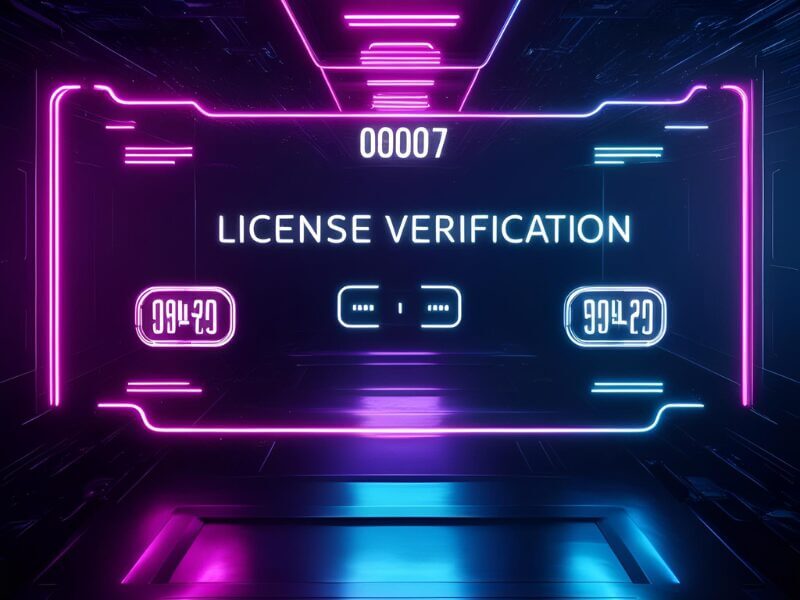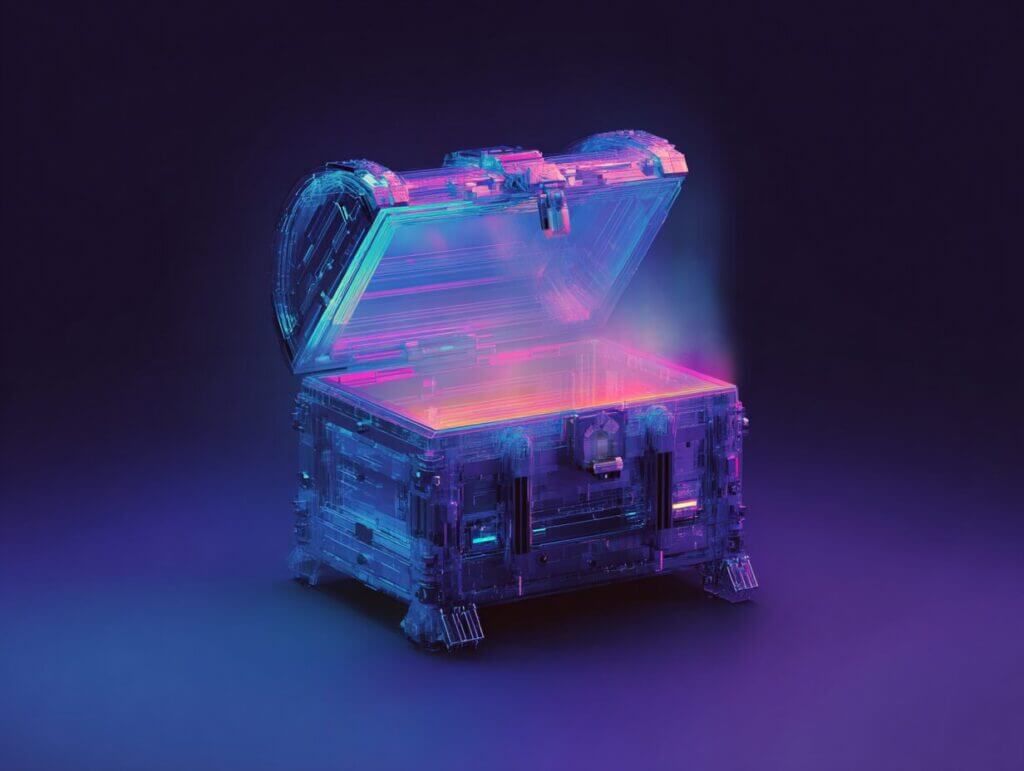Multi-State License Verification: Overcoming the Compliance Challenges


The way we work today has changed dramatically. Everything is remote and mobile now. Multi-state workers are a reality you cannot deny. So, verifying professional licenses across multiple states has become one of the most critical and complex compliance responsibilities for HR professionals, ethics officers, and legal teams.
This is especially important if your company is active in healthcare, governmental, or financial areas, even in education. You need to make sure your licensed professionals are properly credentialed in every state they operate in. This isn’t just a best practice: it’s a regulatory necessity. What happens if you don’t comply? Serious reputational damage could occur. Also, you can get legal penalties or lose money in the process. This is why you need to have the right tech tools and ongoing processes in place, so you can address these possible issues.
Understanding State-Specific Licensing Requirements
Each state has its own licensing boards, regulatory bodies, and rules governing professional practice. What qualifies a nurse to work in New York may not suffice in California. For example, California requires direct verification of licenses from the original licensing authority, while Florida may accept centralized databases or digital verifications.
Your HR people or compliance officers, if your organization uses them, will need to be very knowledgeable about all these aspects. A well-run process will help you avoid delays or denials in onboarding. A practical step is to maintain a state-by-state guide within your compliance toolkit. This should include licensing authorities, processing timelines, renewal intervals, and documentation needed. Refer to resources like state regulatory board websites and national licensing portals for accurate, up-to-date information.
Navigating Interstate Compacts for Professional Mobility
Interstate compacts are legal agreements between states. They help with licensing processes for certain professions, allowing professionals to practice across member states without needing individual licenses for each one. Here are the key concepts you should know:
Nurse Licensure Compact (NLC)
The NLC allows registered nurses and licensed practical/vocational nurses to hold one multistate license, valid in all participating states. As of 2024, over 40 states have joined the compact. This is particularly useful for travel nurses and telehealth services, offering flexibility while maintaining regulatory oversight.
Example: A nurse based in Texas, an NLC member, can legally practice in Florida without obtaining a separate Florida license, provided all eligibility conditions are met.
Interstate Medical Licensure Compact (IMLC)
For physicians, the IMLC simplifies the licensing process across 37 participating states. It does not offer a multistate license. What it actually does is facilitate and expedite licensure for eligible physicians who meet criteria in their principal state of practice.
Example: A physician licensed in Colorado (an IMLC member) can quickly gain licensure in Minnesota and Idaho through the compact, rather than undergoing lengthy and repetitive state-level applications.
PSYPACT (Psychology Interjurisdictional Compact)
Psychologists can practice telepsychology and conduct temporary in-person sessions across participating PSYPACT states. As of early 2024, 38 states are members. This has been transformative for mental health providers operating remotely.
Example: A psychologist in Ohio who is licensed and holds an E.Passport can provide teletherapy to clients in Arizona and Georgia, as long as those states are PSYPACT members.
Social Work Compact and Dentist/Dental Hygienist Compact
Both of these are newer and still in early adoption stages. The Social Work Compact aims to allow social workers to practice across state lines, a much-needed solution for nonprofits and hospitals dealing with high staff turnover. The Dentist and Dental Hygienist Compact has recently gained traction, offering expedited portability for dental professionals.
Example: A dental hygienist licensed in Washington may soon be able to work in Idaho and Oregon without applying for a new license, assuming those states join the compact and eligibility criteria are met.
Know the Governing Bodies and Compliance Rules
Each profession is overseen by specific governing bodies that issue, renew, and monitor licenses.
State Boards of Nursing (BONs)
State BONs oversee the licensing and regulation of nurses. They establish practice standards, investigate complaints, and enforce disciplinary actions. Every U.S. state has its own BON, which determines the criteria for licensure, including education, examination, and background checks. They also implement the NLC if the state is a member.
Example: The Texas Board of Nursing manages RN, LVN, and APRN licensing, requiring continuing education and renewal every two years. Violations such as practicing with an expired license may result in fines or suspension.
State Medical Boards (FSMB Member Boards)
Medical boards regulate the licensure and discipline of physicians and sometimes physician assistants. They are members of the Federation of State Medical Boards (FSMB), which offers centralized tools like the Uniform Application (UA) for licensure and the FSMB Disciplinary Alert Service.
Example: The California Medical Board verifies credentials, monitors Continuing Medical Education (CME), and reviews malpractice claims. Physicians must meet strict educational and ethical standards to remain in good standing.
State Departments of Education
These departments oversee educator licensing and credentialing, often requiring teachers to pass specific exams, complete background checks, and complete ongoing professional development.
Example: The New York State Education Department requires teachers to hold a valid certification, which must be renewed every five years with proof of Continuing Teacher and Leader Education (CTLE) hours.
Departments of Financial Services (DFS)
DFS regulates licensing in industries like insurance, banking, and financial services. It ensures agents and advisors meet fiduciary, ethical, and legal standards.
Example: In Florida, the Department of Financial Services licenses insurance agents and mandates ongoing CE. Agents working across state lines must be licensed in each state where clients reside.
Automate Verification with Smart Systems
Let’s face it: with all this increasing workforce mobility and the need for real-time data, manual verification is no longer sustainable for your organization. Automated license verification systems (ALVS) can centralize and streamline compliance tasks.
Example: A hospital employing traveling nurses can use an ALVS to verify licensure daily, ensuring continuous compliance with Medicare and Medicaid requirements.
Beyond Onboarding: Ongoing Verification and Audits
One of the biggest compliance pitfalls is treating license verification as a one-time onboarding task. Licenses expire, and professionals may face disciplinary action that alters their eligibility to work. All this may happen well after the hiring process.
This is why it is always best to set up a system that will allow you to continuously check and verify these aspects. You can do this by:
- Setting automated reminders for renewals
- Conducting quarterly or bi-annual audits
- Cross-checking licenses with national disciplinary databases like the NPDB (National Practitioner Data Bank)
Example: The Joint Commission requires healthcare organizations to continuously monitor the credentials of their licensed professionals. Even a one-day lapse may cost you your accreditation.
Special Considerations: Remote Workers and Traveling Professionals
Remote work has introduced new layers of complexity. Many professionals may reside in one state while offering services to clients in another, especially in telehealth, online education, or financial consulting.
Example: A psychologist working remotely from Oregon delivering therapy to a client in Arizona must be licensed in Arizona, or ensure both states are PSYPACT members.
Similarly, an insurance agent in Florida providing advice to a client in New York must comply with New York’s licensing laws. Multi-state businesses should implement policies requiring employees to declare all states in which they perform regulated activities.
Stay Ahead of Changing Regulations
Laws and regulations change frequently. In July 2024, for example, the Department of Education introduced stricter regulations for licensing compliance among higher education institutions offering remote programs across state lines (WCET).
Staying compliant means:
- Subscribing to licensing board updates
- Joining compliance networks and trade associations
- Attending annual ethics and regulatory training
Creating a proactive, rather than reactive, compliance culture ensures your organization isn’t caught off guard.
Make Multi-State License Compliance a Strategic Asset
When done right, multi-state license verification doesn’t have to be a burdensome chore. It can become a streamlined, tech-supported function that protects your business, enhances trust, and enables a more mobile, flexible workforce.
With clear understanding of state requirements, thoughtful use of interstate compacts, automation where possible, and an ongoing verification strategy, your organization can turn licensing compliance into a competitive advantage.





































